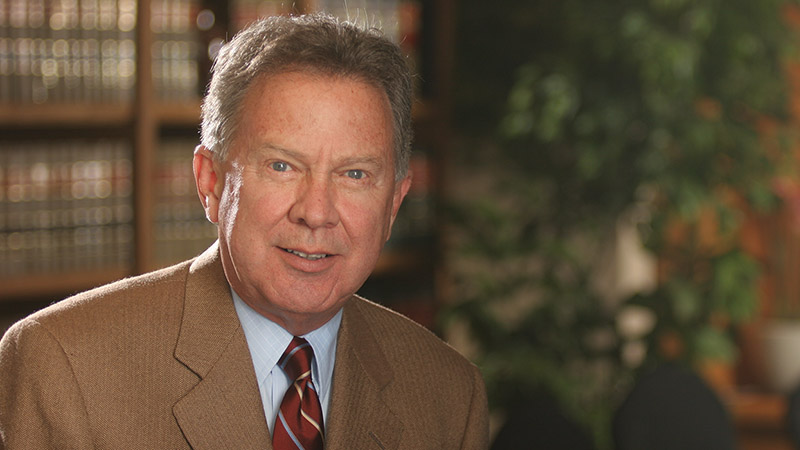
Lawyers Morally, Legally Bound to Insure Profession's Integrity
|
Share |
|
Considering the thousands of lawyers in Arizona and the tens of thousands around the country, the incidents of attorney misconduct involving questions of honesty and integrity are relatively low. However, the public's perception of lawyers as dishonest professionals preying on the public’s misfortune seems to be widespread.
Like many states, Arizona has an extensive network of procedures for handling complaints against lawyers through the office of the State Bar of Arizona. Complaints range from failure to communicate promptly with a client to a serious breach of trust involving the client's money or property. Our State Bar does a thorough job of policing complaints, but, obviously, it cannot take action unless a complaint is brought to its attention. Historically, complaints were generated by current clients, potential clients or former clients.
In recent years, attention has been directed toward attorneys policing themselves; that is, lawyers blowing the whistle on other lawyers. The public might find this notion inconceivable, but it is happening with increasing frequency. This self-policing is not only encouraged, it is required.
The rules of professional conduct governing lawyers include a requirement that any lawyer having knowledge "that another lawyer has committed a violation of the rules of professional conduct that raises a substantial question as to that lawyer's honesty, trustworthiness or fitness as a lawyer must bring that knowledge to the attention of the State Bar."
Subject to a compelling requirement to protect the confidential information of a client, attorneys not only are expected but compelled to report serious misconduct to the State Bar. The real irony of the situation is that a lawyer who fails to blow the whistle on a fellow lawyer also is guilty of misconduct. The otherwise honest attorney who cannot bring himself to turn in another to the State Bar has, by his silence, violated the rules of professional conduct.
Lawyers and judges are often in a better position to recognize misconduct, particularly misconduct involving a lawyer's honesty and integrity. If we are to improve the public's perception of lawyers, we must exercise good professional and moral judgment in the representation of our clients. We must adhere zealously to the ethics of our profession, and that includes policing our own ranks. When the public is protected, everyone benefits, including the legal profession.

 Our lawyers and staff want to help you, in the unfortunate event that you need help. Just e-mail or call us for a free, no obligation confidential consultation.
Our lawyers and staff want to help you, in the unfortunate event that you need help. Just e-mail or call us for a free, no obligation confidential consultation.